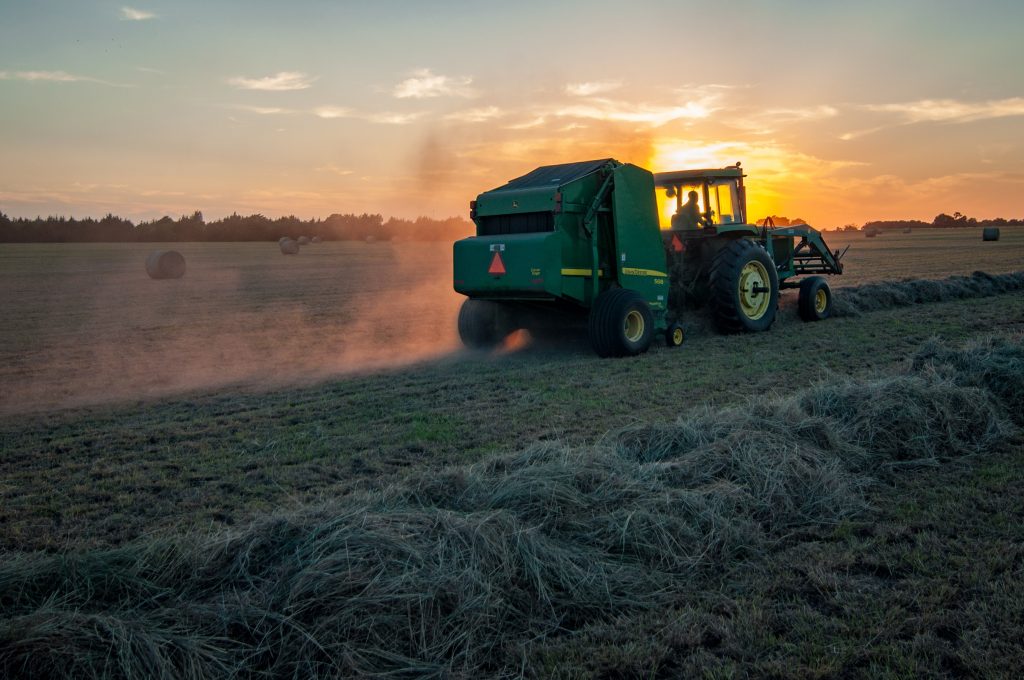Menu
Newsletter
Sign up to our newsletter
Email David Kirk direct by clicking on his name.
Farming has its own set of financial pressures with large swings in profitability. We provide confidential and supportive advice to farming businesses.
Farms typically have high values assets. However we often find new machinery and equipment is on finance and older equipment has little value as security for a loan. The farm may own land (as opposed to renting the land) but raising funds can be very slow and time consuming and expensive. Banks are reluctant to lend to farms losing money.
A typical case for us has been a very large farm with over 800 milking cows. The wholesale sales price of milk had dropped to 21 pence a litre – so less than the cost to produce it. There was a lot of bank debt and the business was losing money. The bank wanted their money back. The only way to keep trading was to sell off land in parcels but this isn’t necessarily a quick process and for a long-established farm in a small community it’s a very hard thing to do. It is a very ‘public’ sign of financial trouble.
You then add to this the issue that the farm is the second or third generation of a family and the partners who are also the landowners often have different views on what should be done. Typically, in my experience, the new generation wants to invest in the latest equipment and technology so borrow and spend. That’s good when the farm is booming but can be problematic in a downturn.
A farm partnership or limited company can use the option of Administration to stop the banks and finance companies and although this is a very quick and effective and protective measure the purpose, in the end, is to repay the debt, so this does still usually result in a gradual sale of farm assets and a wind-down. However, it does give more time and is better than a forced sale.
Another option may be a Partnership or Individual Voluntary Arrangement which freezes all creditors and gives the farm time to try to turn the finances around or sell assets.
Lastly, a solvent farm limited company can be split up and distributed to various shareholders (typically who are family members) by using a Members Voluntary Liquidation or Section 110 Scheme of Arrangement. This can be a very tax-efficient way of getting the assets back to the owners.

We recently used a Section 110 Scheme of Arrangement in a solvent winding up to split a £40 million business that owned farms and other businesses into four new companies. This one limited company had been inherited and was owned by four families who each had their own ideas and wanted to own and run their businesses separately. We split this one company into four new companies – one for each shareholder family. With careful tax planning there were no taxes to pay and no stamp duty on the property and share transfers.
Sign up to our newsletter
Simply fill out the short form below and I will get back to you.

Licensed Insolvency Practitioner